The views expressed in our content reflect individual perspectives and do not represent the authoritative views of the Baha'i Faith.
I picked up the phone at work. It was a mother, very much like myself, who wanted her children to be informed, sensitive, and of service to others in need. She wanted to know how her children could volunteer at the Tahirih Justice Center, an organization I work at that provides legal and other lifesaving services to immigrant women and girls facing extreme forms of violence. (www.tahirih.orgI began to suggest that perhaps they could come in and stuff envelopes, gather toiletries, or raise money. But those volunteer opportunities weren’t what she was looking for. She tried to clarify. I didn’t get it. Finally, she said “I want them to see one!” Long pause. “I mean, I want them to meet one of them.” I hesitated, “Do you mean that you want your children to “see” our clients?” (Note, our clients are vulnerable and traumatized children and women who have been raped, sold into slavery, and had their genitals mutilated.) She continued, “You know, I want them to know how lucky they are and how awful others’ lives are.” I responded, “I’m sorry, we are not a zoo.” I realized quickly that didn’t exactly come out right. (But, it was what I was thinking.)
Every thoughtful, concerned parent wants their children to grow up with a well-developed social conscience, with a love for humanity, with empathy and concern for others. But most parents struggle with how to accomplish those goals.
I get it. As a parent, I understand the desire to have our children be exposed to the needs of others, grow sensitive to the suffering of many around us, and be informed about complex issues of injustice. But we also do not want our children to view themselves as superior, gawk at the suffering of others as a tourist might, treat their pity as a gift to the downtrodden and unfortunate, or be overly proud or even boastful about the impact of their modest acts of charity.
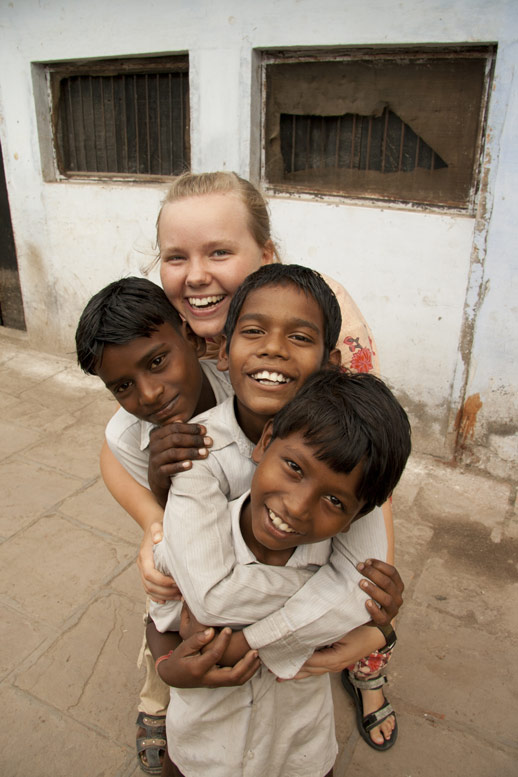 Instead, we want our children to see themselves as brothers and sisters to humankind. We want our children to be equal partners with others engaging in humble efforts to be of service and promote justice. And, we want our children to know that the suffering of one, means the suffering of us all.
Instead, we want our children to see themselves as brothers and sisters to humankind. We want our children to be equal partners with others engaging in humble efforts to be of service and promote justice. And, we want our children to know that the suffering of one, means the suffering of us all.
The Baha’i teachings offer insightful guidance for every parent who deals with this important issue. Abdu’l-Baha’s writings contain a multitude of recommendations for raising conscientious children. He suggests that one of the attributes of perfection we should all strive for, adults as well as children, is selflessness, which means having “no regard for one’s own personal benefits and selfish advantages.” He goes on by saying:
It means to see one’s self as only one of the servants of God, the All-Possessing, and except for aspiring to spiritual distinction, never attempting to be singled out from the others. It means to consider the welfare of the community as one’s own. It means, in brief, to regard humanity as a single individual, and one’s own self as a member of that corporeal form, and to know of a certainty that if pain or injury afflicts any member of that body, it must inevitably result in suffering for all the rest. – Abdu’l-Baha, The Secret of Divine Civilization, p. 39.
What can inculcate that level of selflessness in a child and how can we help them see themselves as a part of one human family?
We can start by teaching them how to be humble.
You May Also Like
Comments



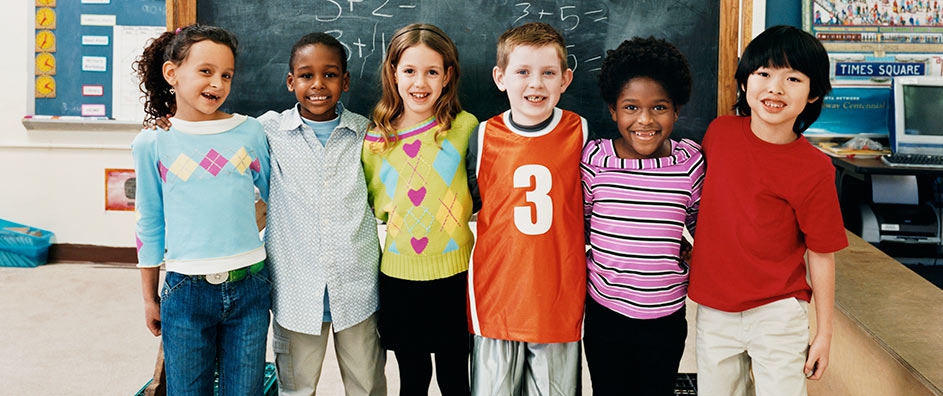

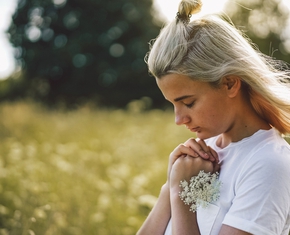
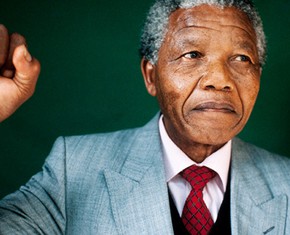
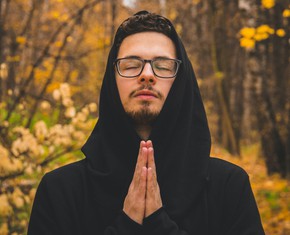









I remember when my stepdaughter was a teen and was, for a time, caught up in the glitter of society. We lived in a standard American middle class home. We visited family friends who lived out in the countryside, in a much poorer home close to the border with Mexico, with hand-me-down furnishings and little on the walls. It was downwind of a nearby chicken farm, which burned its refuse every so often. The stench was astonishing. We went into the house, and as I was speaking with the couple, gradually their children came into the living room. They snuggled up to their mom or dad in their chair; or wrapped themselves around a parent's neck, laying across the top of the couch back. These little kids were polite and modest, and cheerful, and from time to time participated in the conversation. It was a lovely hour or so. When we walked out to the car, daughter said, very meaningfully, "Those people have *nothing*. But they are really happy!" I'm sure it was one of her important life lessons. And these things can't be conveyed by pictures or by explanations. Children have to experience the environment, feel the feelings. - And, she became an extraordinary woman and mother.